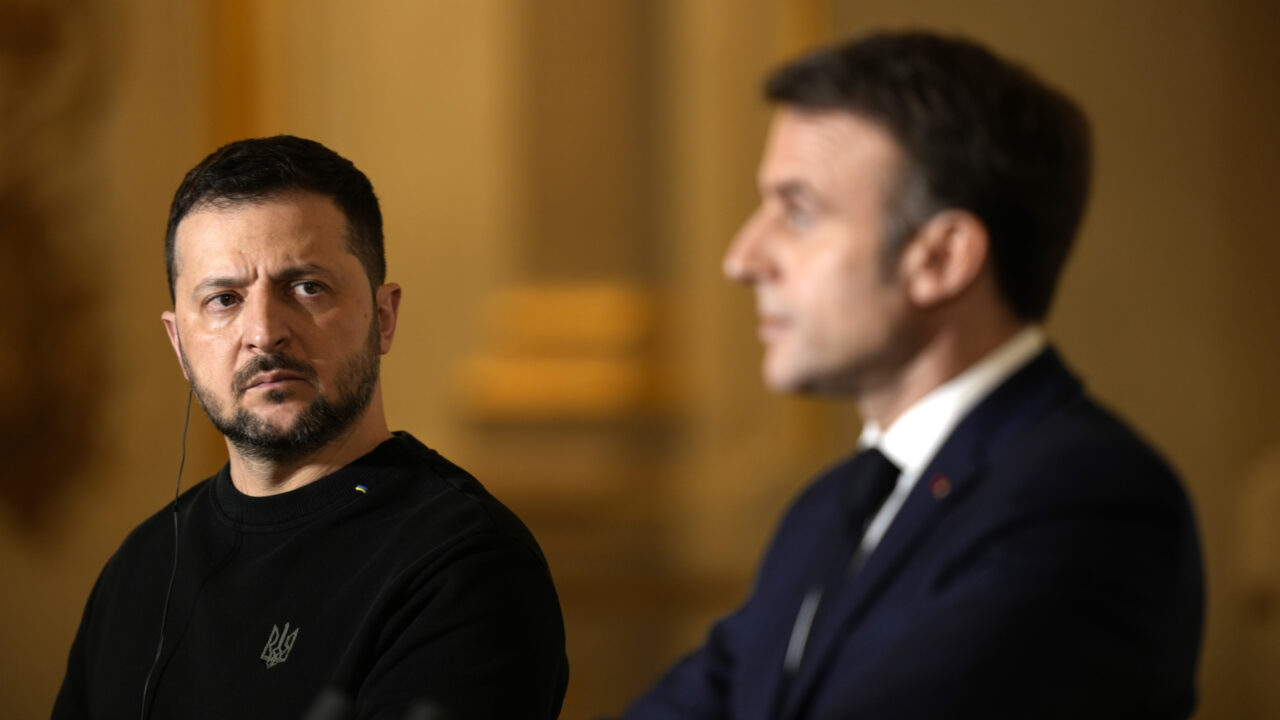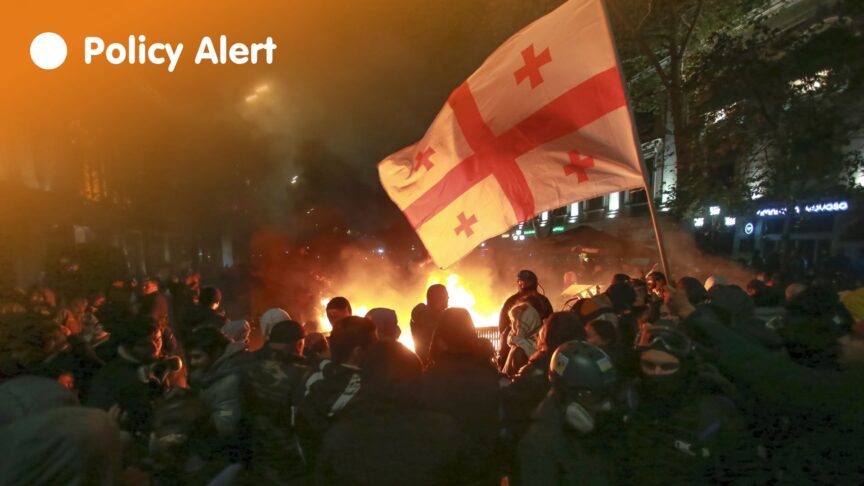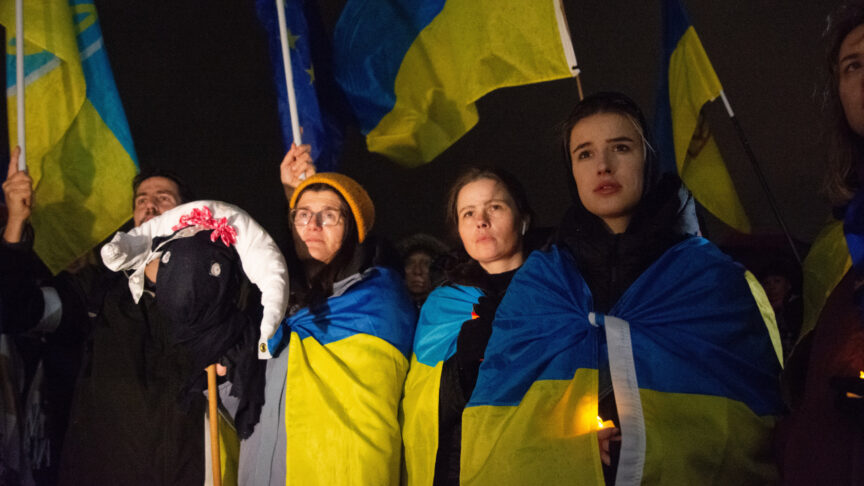The power of a promise: Understanding Ukraine’s bilateral security agreements
Bilateral security agreements send a clear and important signal of allies’ support for Ukraine. But to avoid hurting Ukraine in the long run, it is important to be clear about their limitations
The 2023 NATO Vilnius summit failed to secure an invitation for Ukraine to join the alliance, pushing Kyiv to consider alternative options such as signing bilateral security agreements with its supporters. After the summit, the G7 declared that bilateral agreements should formalise “enduring support to Ukraine as it defends its sovereignty and territorial integrity, rebuilds its economy, protects its citizens, and pursues integration into the Euro-Atlantic community”.
Over 30 states joined the G7 declaration and since January Ukraine has signed nine security cooperation agreements with the United Kingdom, Germany, France, Denmark, Canada, Italy, the Netherlands, Finland, and Latvia. Another nine countries are well advanced in negotiations to sign similar agreements with Kyiv. The agreements declare that countries will support Ukraine’s security for the next ten years or until it joins NATO – sending a clear message of their support to Kyiv.
However, the degree and terms of this support are not clear. None of the agreements is ratified by the parliaments of the signatory countries, which would have required much more time and specific commitments for the years ahead. The agreements only include an initial commitment for 2024 – amounting to £2.5 billion from the UK, €7 bn from Germany, and €3 bn from France, for example. Some of the people involved in the negotiations on the Ukrainian side have indicated that the agreements could be ratified in the future. But at present, the agreements encompass fixed amounts of support, much like those that already exist, rather than long-term guarantees of support.
This is an important distinction. The Ukrainian leadership refers to the agreements as security guarantees, choosing a term that is clear and reassuring for the wider public. But using the term guarantees is misleading: Ukraine relied on a similar ‘guarantee’ without legal mechanisms to enforce it when it gave up its nuclear arsenal in exchange for protection from the United States, the UK, and Russia under the 1994 Budapest Memorandum.
Furthermore, calling the current arrangements security guarantees could raise a question about Ukraine’s perspectives for joining NATO. If, as certain decision-makers in Ukraine suggest, the current agreements provide security guarantees for Ukraine, why would Kyiv still be interested in joining NATO? The security cooperation agreements are designed to make support for Ukraine predictable and quantifiable, but they do not come close to providing instruments that could substitute NATO’s Article 5 on collective defence. It is therefore important to be clear about their purpose and limitations in order to not weaken Ukraine’s NATO bid.
Although the agreements do not provide security guarantees to Ukraine, they do offer wide room for manoeuvre for Kyiv’s allies to take bold steps should the political conditions allow. For instance, all the agreements contain a clause stating that in the event of a future Russian attack against Ukraine, the parties will consult within 24 hours to determine the measures needed to counter and deter the aggression. What “a future Russian attack” means precisely is not mentioned, but French president Emmanuel Macron’s comments about the possibility of sending troops if Russia makes a breakthrough towards Kyiv or Odesa imply that this could mean a serious change on the battlefield. Macron’s change of narrative shows how the paradigm can change and implies that countries could go beyond the provisions of the agreements to engage in tighter security cooperation.
Despite being a strong supporter of bilateral security agreements at the Vilnius summit, Washington is yet to sign one with Ukraine, having focused instead on passing the aid package through Congress, which was completed only this week. Ukrainian officials have indicated that a bilateral agreement with the US might be signed at the NATO summit in Washington this summer. Such a commitment from the US would not just contribute to Ukraine’s security in the immediate term, but could expand the possibilities of the current agreements. Many of Ukraine’s allies are tailoring their support according to the bar set by Washington. If the US were ambitious in a security cooperation agreement of its own, this could embolden other countries to sign or expand agreements.
If the US were ambitious in a security cooperation agreement of its own, this could embolden other countries to sign or expand agreements
Despite not having legal power, the current security agreements demonstrate a strong political commitment to support Ukraine in the short term. Their flexibility, provided that all the signatories implement what they pledge, could supply Ukraine with significant resources to push back against Russia’s aggression – and could constitute a serious argument to make Russia end the war, countering the Kremlin’s hope that the West will tire of supporting Ukraine. If recognised for what they are, they could complement and support Ukraine’s NATO bid.
The European Council on Foreign Relations does not take collective positions. ECFR publications only represent the views of their individual authors.



